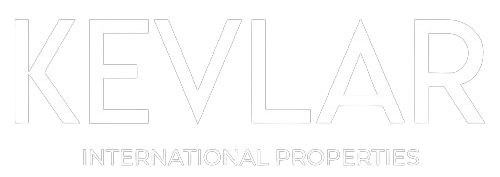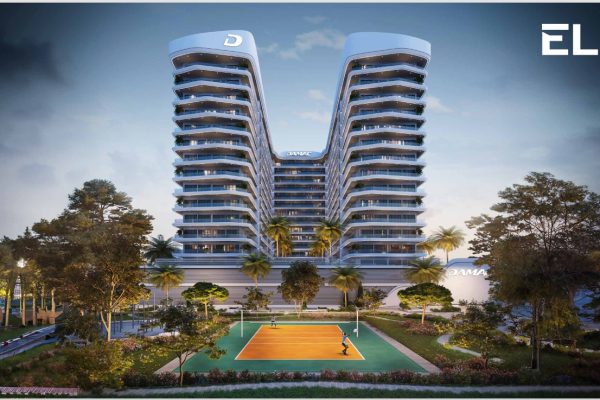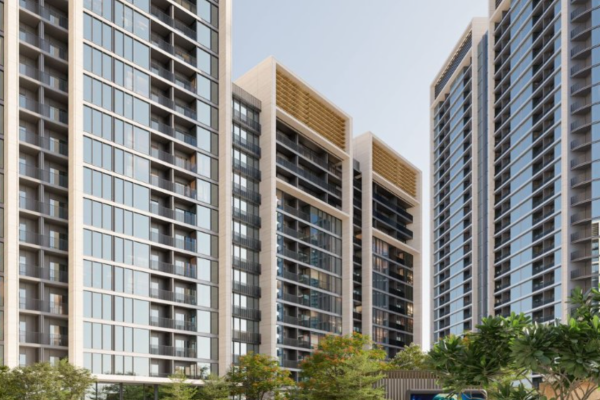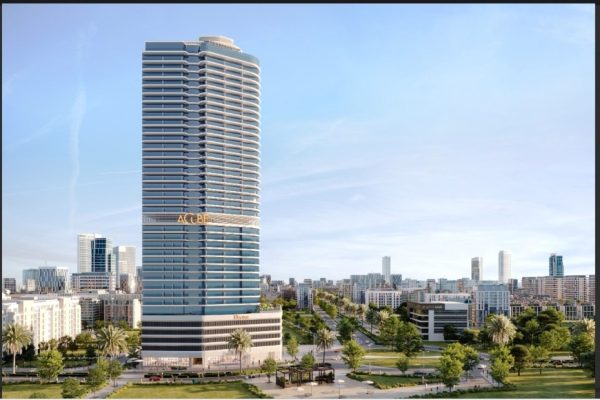As Dubai property prices reach unprecedented heights, a noteworthy shift in the real estate market landscape is emerging. This escalation is not only reshaping the skyline of Dubai but also altering the supply and demand dynamics across the United Arab Emirates. The surge in Dubai property prices is fueling a growing demand for affordable housing in neighboring emirates, highlighting a pivotal moment in the region’s economic growth. This trend underscores the importance of understanding market fluctuations and the opportunities they present for both investors and homebuyers seeking value outside the premium market of Dubai.
The following article will delve into the intricate dynamics of the Dubai real estate market, examining how the peaking prices in Dubai are influencing the broader real estate market in the UAE. It aims to explore affordable real estate alternatives in other emirates, presenting a comprehensive analysis of the benefits of investing in these burgeoning markets. Additionally, it will offer strategic insights into property investment, guiding readers through the evolving market trends and how to navigate them. By addressing critical aspects such as freehold properties, occupancy rates, and the supply and demand equilibrium, this piece intends to furnish investors and potential homeowners with the knowledge required to make informed decisions in a rapidly changing economic landscape.
Dubai Property Market Trends
Overview of Current Dubai Property Prices
In 2023, Dubai’s property market has shown varied trends with apartment prices averaging around 1.2 million, reflecting a significant transaction increase of 71.1% from the previous year. Villa prices and commercial property rates have similarly escalated, underscoring a robust demand. The ongoing year forecasts a modest 5% growth, a slowdown from the 11% surge in 2022, primarily due to heightened interest rates which have marginally impacted the mortgage sector.
Factors Contributing to Peaking Prices
The post-pandemic recovery, fueled by pent-up demand from travelers and increased spending by residents, has significantly driven up property prices. Inflation concerns and resultant price adjustments have further influenced the market, with residential property sales rising by approximately 10% and rents by about 21% between Q3 2021 and Q3 2022. Additionally, the influx of high net worth individuals seeking luxury properties has intensified the demand, pushing prices upward.
Impact of International Investors
Dubai’s real estate market continues to attract a significant number of international investors, drawn by the city’s strategic location and favorable investment conditions. These investors have been pivotal in the development of iconic projects and the influx of foreign capital has ensured a dynamic market environment. Government policies such as long-term visas and property ownership laws for foreigners have also played a crucial role in sustaining investor interest and confidence in the Dubai real estate market.
Exploring Affordable Real Estate in Other Emirates
Abu Dhabi’s Growing Appeal
Abu Dhabi offers a diverse range of affordable housing options, appealing to various income levels. Areas like Al Reef, Al Ghadeer, and Al Raha Beach provide a mix of apartments and community amenities, making them ideal for singles, young professionals, and families. The government’s initiatives, such as the “Ghadan 21” program, aim to increase affordable housing availability, enhancing the city’s attractiveness. Additionally, exploring developments on the outskirts like Khalifa City and Mussafah reveals budget-friendly villas and townhouses, further broadening options for potential homeowners.
Ras Al Khaimah and Its Attractions
Ras Al Khaimah (RAK) is emerging as a significant player in the real estate market, with properties like Al Hamra Village offering affordable rental and purchase options. The development of mega-projects like the $3.9 billion Wynn Ras Al Khaimah resort is set to boost the emirate’s appeal as a luxury tourism and residential destination. With competitive pricing and high rental yields projected, RAK presents a compelling case for investors and residents seeking value.
Sharjah’s Market Dynamics
Sharjah’s proximity to Dubai enhances its appeal as a residential choice for those working in the bustling metropolis while seeking more affordable living options. Neighborhoods like Al Khan and Al Majaz offer apartments with essential amenities and have shown a positive trend in rental yields, making them attractive for investors. The city’s strategic initiatives to boost the real estate market have led to an increase in transaction volumes and rental prices, affirming Sharjah’s status as a dynamic market within the UAE.
Benefits of Investing in Neighboring Emirates
Investing in real estate in neighboring emirates offers significant advantages, such as price stability and potential for growth. Sharjah and Ajman, for instance, have shown steady price increases, providing a more predictable investment climate compared to the often volatile Dubai market. These areas also offer diverse investment opportunities, ranging from residential to commercial properties, and even industrial assets.
Price Stability and Potential for Growth
The northern emirates are known for their economic stability, which translates into less fluctuation in property prices. This stability, combined with government investments in infrastructure and tourism, creates fertile ground for future growth. Investors can expect property value appreciation of 10-15% in the coming years, backed by a diversified economy and projected GDP growth of 4-5% annually.
Diverse Investment Opportunities
The property market in these emirates is burgeoning with various options. From affordable housing in Sharjah to luxury villas in Ras Al Khaimah, the range caters to different budgets and preferences. The expansion of business sectors such as manufacturing and logistics offers additional avenues for investment.
Lifestyle and Community Benefits
Investors and residents enjoy a high quality of life with access to modern amenities, including world-class healthcare, education, and entertainment facilities. The family-friendly environment, coupled with rich cultural heritage and natural landscapes, enhances the living experience, making it an attractive option for both end-users and investors seeking a balanced lifestyle.
Strategies for Property Investment
Investing effectively in the UAE’s real estate market requires a strategic approach, especially given the dynamic nature and the variety of options available. Here are key strategies to consider:
Evaluating Market Trends
Staying informed about current market trends is crucial. Investors should monitor fluctuations in property prices, the performance of different property types, and the economic factors influencing the market. This knowledge helps in making informed decisions and identifying potential risks and opportunities.
Considerations for Choosing an Emirates
Choosing the right emirate is pivotal. Factors such as potential rental yields, property appreciation rates, and economic stability should be considered. Locations near essential amenities like schools and hospitals typically offer better rental and resale values. Additionally, understanding customer preferences and local special circumstances, such as the strategic location of the UAE, can influence investment decisions.
Navigating Regulatory Environments
Understanding and complying with local regulations is essential for successful property investment. Investors should be familiar with the laws and regulations set by authorities like the Dubai Land Department (DLD) and the Real Estate Regulatory Agency (RERA). Ensuring compliance with these regulations and conducting thorough due diligence can mitigate legal risks and streamline the investment process.
By integrating these strategies, investors can navigate the complexities of the UAE real estate market more effectively and make investments that align with their financial goals.
As we have traversed through the intricate landscape of the UAE’s real estate market, it’s evident that the ripple effects of Dubai’s soaring property prices have catalyzed a surge in the demand for affordable homes in neighboring emirates. This shift not only offers promising opportunities for investors and homebuyers but also underscores the dynamic nature of the region’s property market. The analysis presented herein has illuminated the diverse benefits and strategic avenues for investing in areas beyond Dubai’s premium market, thereby laying a foundation for informed decision-making in this rapidly evolving economic sector.
Reflecting on the broader implications, it becomes clear that the burgeoning real estate markets in Abu Dhabi, Sharjah, and Ras Al Khaimah are pivotal to understanding the UAE’s economic growth trajectory. These markets present a canvas of opportunities for those looking beyond the glitter of Dubai, offering stability, potential for growth, and a quality lifestyle. As the region continues to navigate through its economic diversification and growth phases, the insights garnered from this exploration into the UAE’s real estate landscape reaffirm the importance of adaptability, strategic investment, and the relentless pursuit of value.







